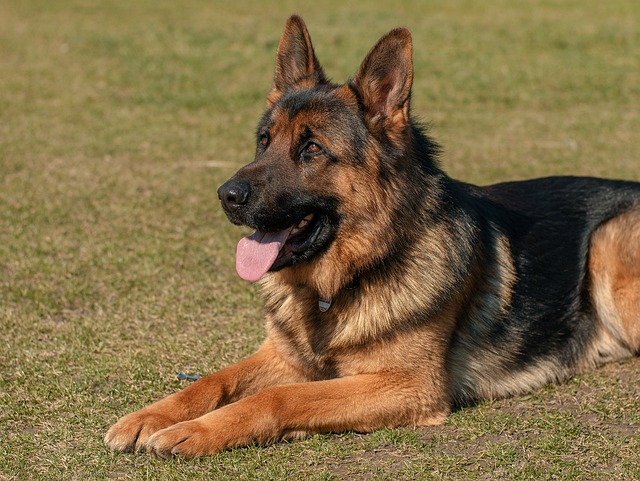
How can I tell if my dog's heatstroke is serious
Let’s be real: It’s a sticky August morning in Los Angeles, and you took your 2-year-old Golden Retriever, Max, for a walk a little later than usual
It’s never easy when you’ve noticed your German Shepherd turning away from their bowl, especially when you start seeing their ribs become more visible. This breed is usually so eager to eat, so a shift in appetite paired with weight loss can feel like a red flag right away. You might wonder if it’s something small, like a picky day, or something that needs more attention—and that uncertainty is totally normal.
First, rule out any immediate health issues by scheduling a vet visit. In many places, regular pet check-ups aren’t just recommended—they’re part of responsible ownership that aligns with local animal welfare standards. Vets can spot things you might miss, like dental pain, thyroid issues, or even infections that sap their hunger. Don’t wait for symptoms to get worse; catching problems early often makes treatment easier on both of you.
 Next, take a look at their food and feeding routine. German Shepherds thrive on consistency, so sudden changes in their kibble brand or feeding times can throw them off. Avoid giving too many table scraps, too—while it’s tempting to spoil them, human food can disrupt their digestion and make them less interested in their balanced meals. Stick to high-quality food formulated for large breeds; their bodies need specific nutrients to stay strong.
Next, take a look at their food and feeding routine. German Shepherds thrive on consistency, so sudden changes in their kibble brand or feeding times can throw them off. Avoid giving too many table scraps, too—while it’s tempting to spoil them, human food can disrupt their digestion and make them less interested in their balanced meals. Stick to high-quality food formulated for large breeds; their bodies need specific nutrients to stay strong.
Think about changes in their environment, too. Stress plays a big role in a dog’s appetite, and German Shepherds are especially sensitive to shifts like a new home, a family member leaving, or even loud noises from construction nearby. Try to keep their routine as steady as possible—same walk times, same sleeping spot—to help them feel secure. A calm space to eat, away from kids or other pets, can also make a big difference.
Finally, monitor their progress closely once you’ve made adjustments. Keep track of how much they eat each day and weigh them gently every week (most vets can show you how to do this at home safely). If their appetite doesn’t pick up within a week, or if you see other signs like lethargy or diarrhea, head back to the vet. Your patience here matters—small, steady improvements are better than rushing for quick fixes.
Watching your German Shepherd struggle with appetite and weight loss is stressful, but you’re already doing the most important thing by caring enough to act. With the right vet care, consistent routine, and a little extra love, most Shepherds bounce back to their playful, food-loving selves. Trust your gut—if something feels off, it’s always worth checking in, because your pup relies on you to be their advocate.

Let’s be real: It’s a sticky August morning in Los Angeles, and you took your 2-year-old Golden Retriever, Max, for a walk a little later than usual

You're enjoying a summer afternoon at the park when you notice your dog has stopped panting and appears disoriented - their gums are bright red

Let’s paint the picture: You’re in your Denver apartment, watching your 4-year-old Boston Terrier, Ruby, plop down mid-play session with her favorite toy

Many dog owners notice their pets nails seem shorter after regular walks,but how much does this daily activity actually help?The answer depends on where you walk—concrete sidewalks or asphalt streets gently file nails as a dog's paws hit the ground

Most dog owners notice their pup scooting across the carpet at some point, but few connect it to impacted anal glands. These small sacs near a dog’s rectum secrete a scent for marking territory

Most vets agree that regular dog teeth cleaning is key to avoiding painful dental issues later. For healthy adult dogs, a professional cleaning at the vet’s office every 12 to 18 months usually works well.